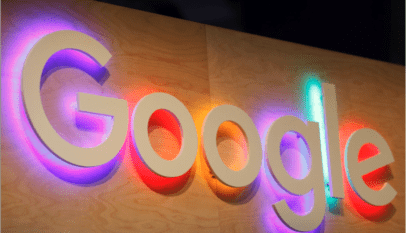
Google on Monday said new test results show promising signs that the technology it’s hoping will replace cookie-based ad targeting is working.
Why it matters: Google and web browser rivals Apple and Mozilla have all introduced sweeping privacy changes recently that will collectively phase out cookies, an internet tracking tool that tracks users’ web browsing history.
Catch up quick: Cookies are considered third-party data, or user data that’s collected indirectly from users via browsers or websites. Third-party data is often bought and sold at scale via online data exchanges.
- For decades, cookies have been the primary way most advertisers target users online, but privacy concerns are making it less viable going forward.
- Finding a replacement for cookies is a massive challenge, given that the entire digital ad ecosystem, worth $330 billion USD globally, has been mostly built around cookies.
Details: Google has been testing a new API (a software interface) called Federated Learning of Cohorts (FLoC) that acts as an effective replacement signal for third-party cookies. The API exists as a browser extension within Google Chrome.
- The company said Monday that tests of FLoC to reach audiences show that advertisers can expect to see at least 95% of the conversions per dollar spent on ads when compared to cookie-based advertising.
- FLoC uses machine learning algorithms to analyze user data and then create a group of thousands of people based off of the sites that an individual visits. The data gathered locally from the browser is never shared. Instead, the data from the much wider cohort of thousands of people is shared, and that is then used to target ads.
Be smart: It’s a big deal that Google says it’s close to coming up with a technology that will replace cookies, because one of the toughest parts of phasing cookies out of internet ad-targeting is that there hasn’t been a great solution for what to replace them with.
- Many publishers have started to lean into using first-party data, or data uploaded to a site directly from the user, to target ads instead.
- But not all publishers have strong enough customer relationships to gather such data, and would’ve been paralyzed without the ability to use some sort of anatomized data to target people with ads.
- The effort is part of a greater Google initiative called the “Privacy Sandbox,” a proposed set of rules to phase out cookies in a privacy-friendly manner with in conjunction with industry consultation.
The big picture:..
The privacy officer’s changing role in the age of innovation and AI
Key takeaways The privacy officer’s role has evolved from compliance to being a strategic …














